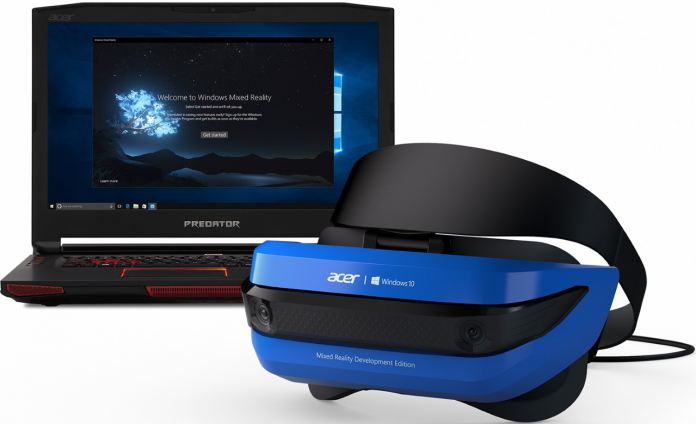If you are unfamiliar with OpenXR, it is a cross-platform standard that has received support for major VR and AR software and hardware companies. By leveraging the specification, developers can create applications that require less device-specific code. Essentially is makes it easier to create applications that work across platforms. Leading VR and AR companies such as Microsoft, Epic Games, Varjo, and Oculus support the standard. Development of augmented and mixed reality solutions is becoming more common, so a standard app framework makes sense. Khronos points out by leveraging APIs can handle features such as real-time object tracking, layers, sensor input, and 5G support. However, some tools that were originally announced for the standard in March are no longer present. Khronos says developer feedback resulted in the removal of the engine editor, loader, and input subsystem. “Our work continues as we now finalize a comprehensive test suite, integrate key game engine support, and plan the next set of features to evolve a truly vibrant, cross-platform standard for XR platforms and devices,” said OpenXR working group chair and lead Intel XR architect Brent Insko. “Now is the time for software developers to start putting OpenXR to work.”
Availability
Microsoft is among the companies supporting OpenXR, using the standard for its Windows Mixed Reality headsets. Oculus is also onboard with support on its Quest and Rift hardware platforms. Epic says it will release OpenXR 1.0 support in its Unreal Engine. Other major supporters of the standard include HTC, Valve, Tobii, AMD, ARM, and Nvidia. Developers can start working with OpenXR 1.0 now. The specification is available from the official Khronos website or from Microsoft’s GitHub.




